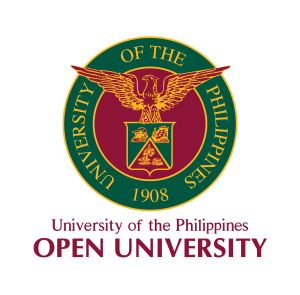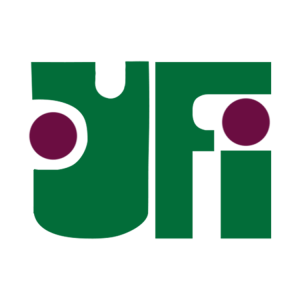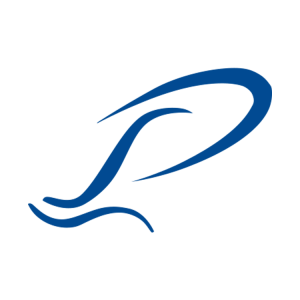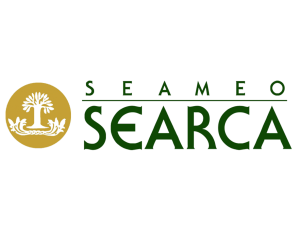Organizers

UP Open University
Established on 23 February 1995, the University of the Philippines – Open University (UPOU) pioneered online teaching and learning in the Philippines and is the leader in the study and practice of open learning and distance education in the country. In keeping with its mission of equipping Filipinos everywhere with the knowledge and skills they need for life and work in the 21st century, UPOU is the Philippines’ most comprehensive distance education institution, offering three undergraduate programs, nine post-baccalaureate certificate and diploma programs, 11 Master’s programs, two doctoral programs, and nine non-formal courses. Recently, it has ventured into offering massive open online courses (MOOCs) to further expand access to quality higher education. UPOU has a network of eight learning centers and testing centers in more than 40 countries serving a global community of learners.

UPOU Foundation, Inc. (UPOUFI)
The University of the Philippines Open University Foundation, Inc. (UPOUFI) is a non-profit, non-stock corporation registered at the Securities and Exchange Commission (SEC) on 7 April 1998. As the support arm of the UP Open University, it initiates, conducts and manages research and other projects in distance education and open learning; publishes and distributes information related to distance learning and the activities of UPOU; cooperates with government or public and private institutions in underwriting, conducting and/or sponsoring projects and/or programs dedicated to the promotion, propagation and enhancement of UPOU’s programs; and gives or administers grants and donations of cash, property, or service to programs and activities that will redound to the benefit and enhancement of UPOU.

Philippine Society for Distance Learning, Inc.
The Philippine Society for Distance Learning, Inc. (PSDL) was formally organized on 25 September 2006 at the INNOTECH Center in Diliman, Quezon City by 15 academic s who were all working at various aspects of distance education. It aims to promote the growth and development of distance learning through knowledge exchanges, policy formulation, and advocacy; promote professionalism in the practice of distance learning in the Philippines; stimulate collaboration among local and foreign professionals and practitioners of distance learning; sponsor scientific meeting and training programs in distance learning on its own or in collaboration with other institutions, including government; and publish and disseminate research results, policy papers, and other scientific materials on distance learning in the Philippines.

Southeast Asian Regional Center for Graduate Study and Research in Agriculture (SEARCA)
The Southeast Asian Regional Center for Graduate Study and Research in Agriculture (SEARCA) is a non-profit organization established by the Southeast Asian Ministers of Education Organization (SEAMEO) in 1966. SEAMEO is a chartered international organization founded in 1965 is to promote cooperation in education, science, and culture in Southeast Asia. Its highest policymaking body is the SEAMEO Council, which comprises the Ministers of Education of the 11 SEAMEO Member Countries, namely: Brunei Darussalam, Cambodia, Indonesia, Lao PDR, Malaysia, Myanmar, the Philippines, Singapore, Thailand, Timor-Leste, and Vietnam.
